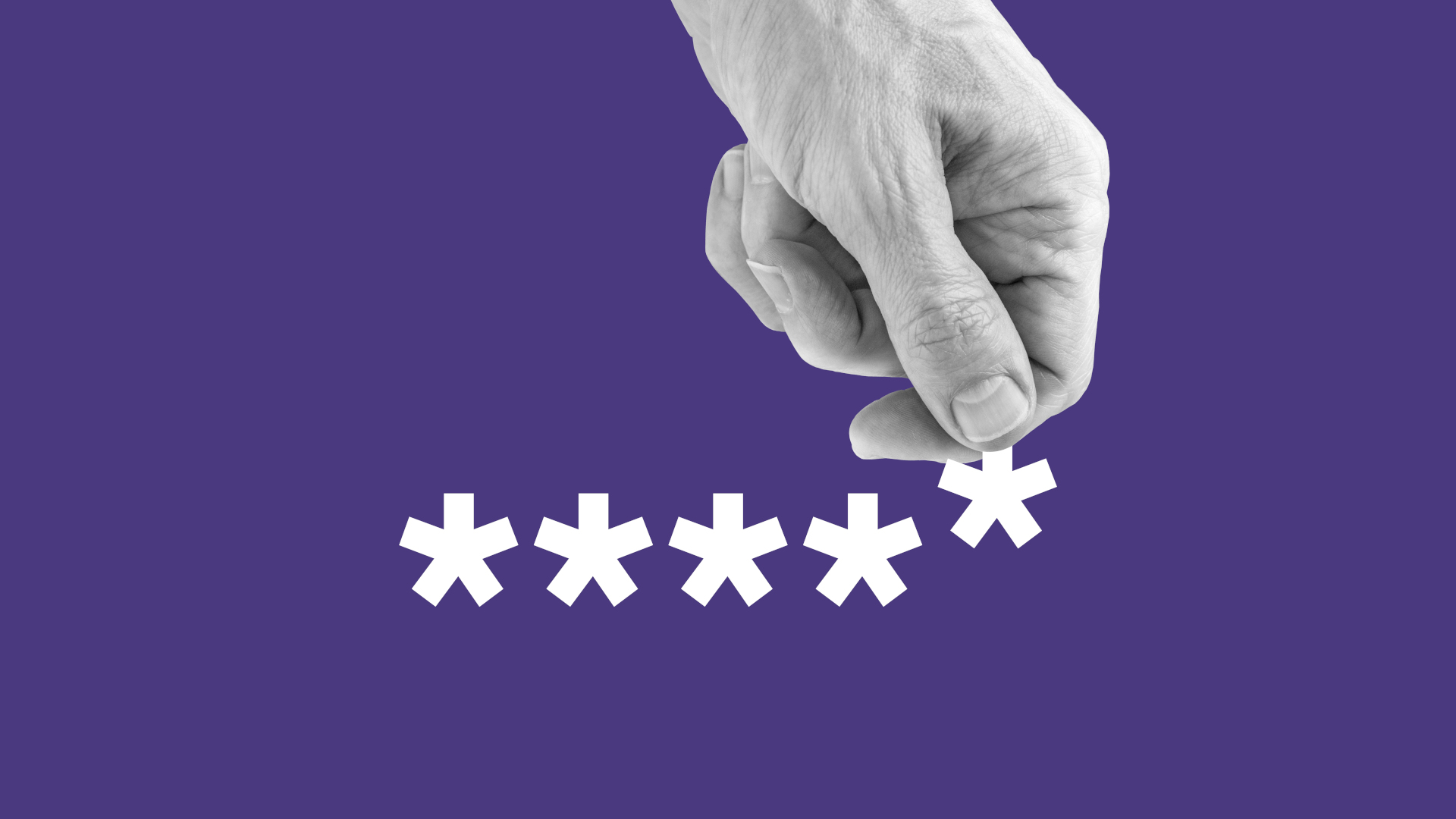Russian hackers target Gmail passwords to crack down on international critics
Critics of Russian regime targeted in phishing campaign

Sign up for breaking news, reviews, opinion, top tech deals, and more.
You are now subscribed
Your newsletter sign-up was successful
- International critics of Russia and academics have received phishing emails
- Slow rapport building with fake US State Department teams
- Victims are tricked into sharing Google app-specific passwords
Google Threat Intelligence Group (GTIG) has shared details of a new threat actor tracked as UNC6293, believed to be a Russian state-sponsored group, targeting prominent academics and critics of the country.
Victims have reportedly been receiving phishing emails using spoofed '@state.gov' addresses in the CC field to build credibility, but instead of being hit with immediate malicious payloads, the attackers are using social engineering tactics to build rapports with their targets.
Google's researchers uncovered the slow-paced nature attackers used to build rapports with their victims, often sending them personalized emails and inviting them to private conversations or meetings.
Get Keeper's Personal Password Manager plan for just $1.67/month
Keeper is a password manager with top-notch security. It's fast, full-featured, and offers a robust web interface. The Personal Plan gets you unlimited password storage across all your devices, auto-login & autofill to save time, secure password sharing with trusted contacts, biometric login & 2FA for added security.
Academics and critics are being targeted by Russia
In one screenshot shared by Google's threat intelligence team, Keir Giles, a prominent British researcher on Russia, received a fake US Department of State email believed to be part of the UNC6293 campaign.
"Several of my email accounts have been targeted with a sophisticated account takeover that involved impersonating the US State Department," Giles shared on LinkedIn.
In the attack email, victims receive a benign PDF attachment designed to look like an invitation to securely access a (fake) Department of State cloud environment. It's this website that ultimately gives the attackers, which Google believes could be linked to APT29 (aka Cozy Bear, Nobelium), access to a user's Gmail account.
Victims are guided to create an app-specific password (ASP) at account.google.com, and then share that 16-character ASP with the attackers.
Sign up to the TechRadar Pro newsletter to get all the top news, opinion, features and guidance your business needs to succeed!
"ASPs are randomly generated 16-character passcodes that allow third-party applications to access your Google Account, intended for applications and devices that do not support features like 2-step verification (2SV)," Google explained.
Google highlights users can create or revoke ASPs at any time, and a pop-up on its site even advises users that ASPs "aren't recommended and are unnecessary in most cases."
More importantly, though, is that while attacks come in all different flavors, social engineering and phishing remain highly effective vectors – and yet they're typically comparably easy to detect, with a bit of prior understanding and training.
The standard advice, then, remains – avoid clicking on attachments from email addresses you're unfamiliar with, and certainly never share account credentials with unknown individuals.
You might also like
- This dangerous new phishing scam spoofs a top Google program to try and hack Facebook accounts
- The best password managers and best authenticator apps keep your credentials safe
- Downloaded something dodgy? Here's the best malware removal
With several years’ experience freelancing in tech and automotive circles, Craig’s specific interests lie in technology that is designed to better our lives, including AI and ML, productivity aids, and smart fitness. He is also passionate about cars and the decarbonisation of personal transportation. As an avid bargain-hunter, you can be sure that any deal Craig finds is top value!
You must confirm your public display name before commenting
Please logout and then login again, you will then be prompted to enter your display name.

